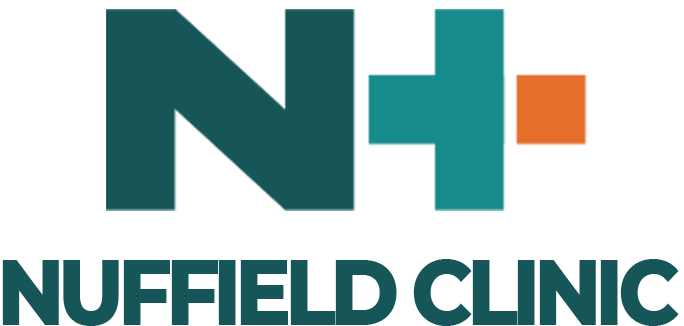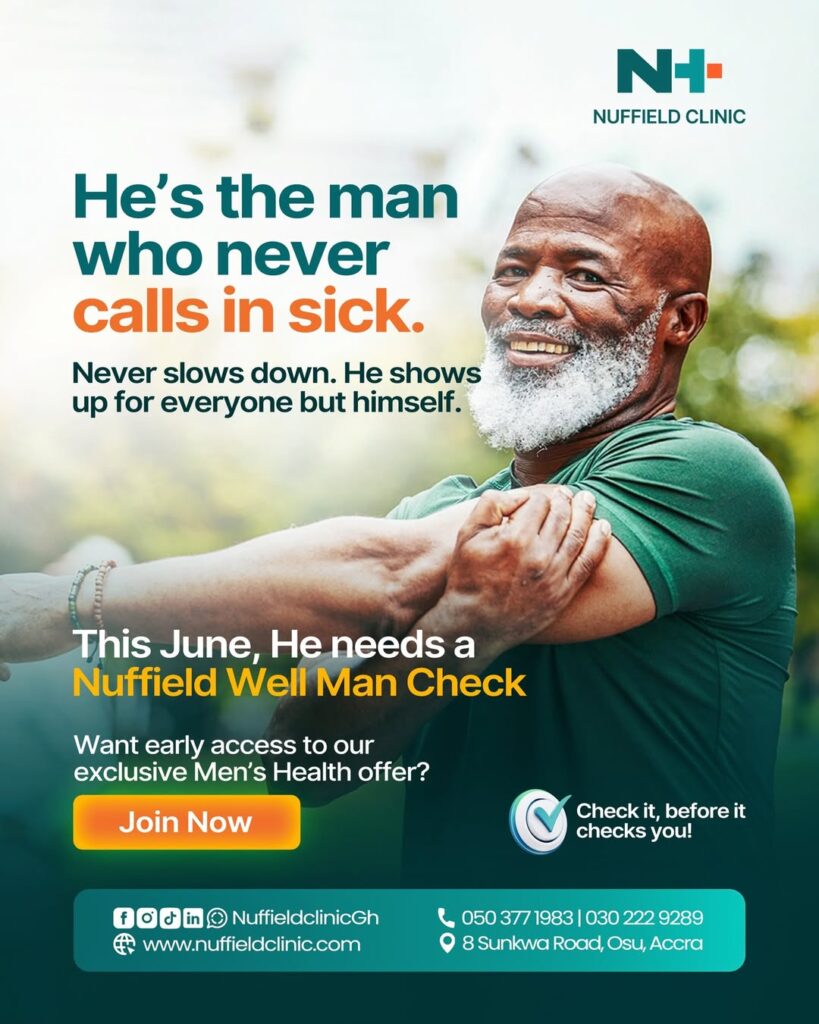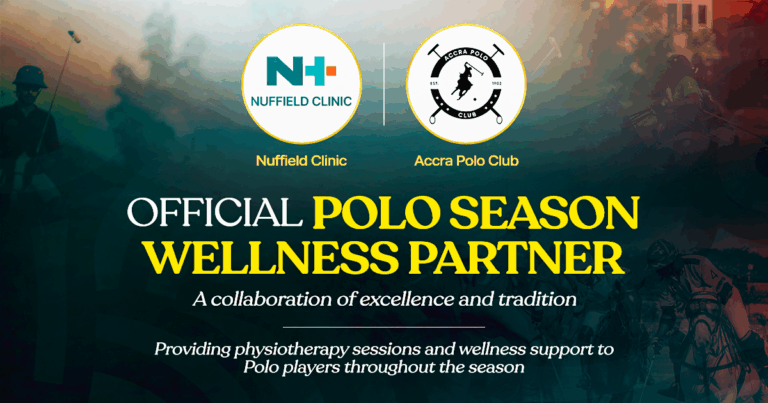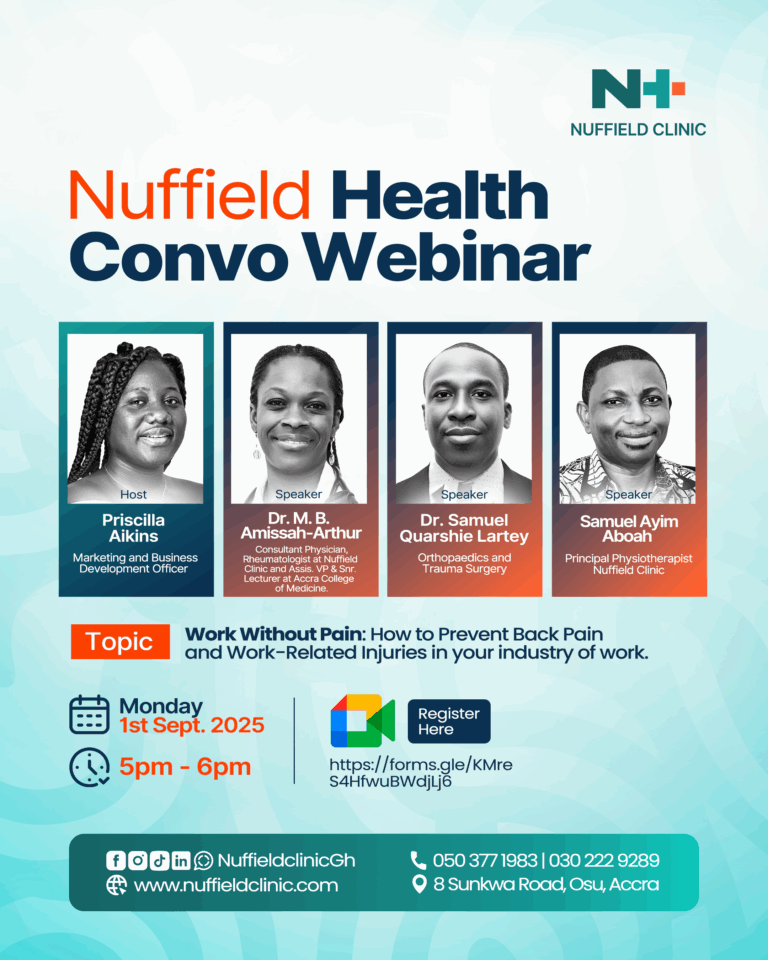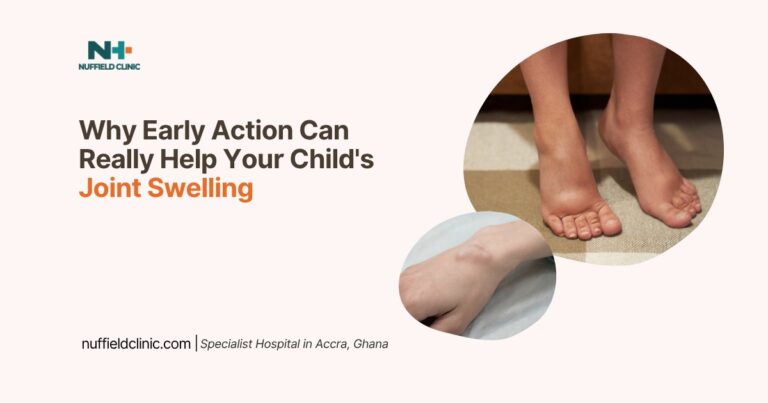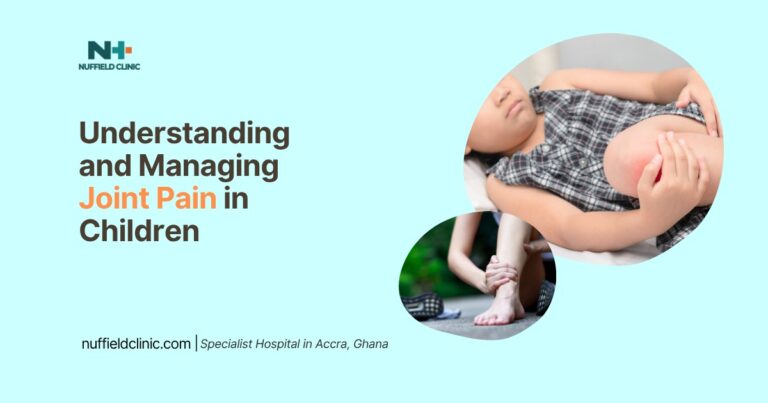What is Avascular Necrosis and How do You to Protect Yourself?
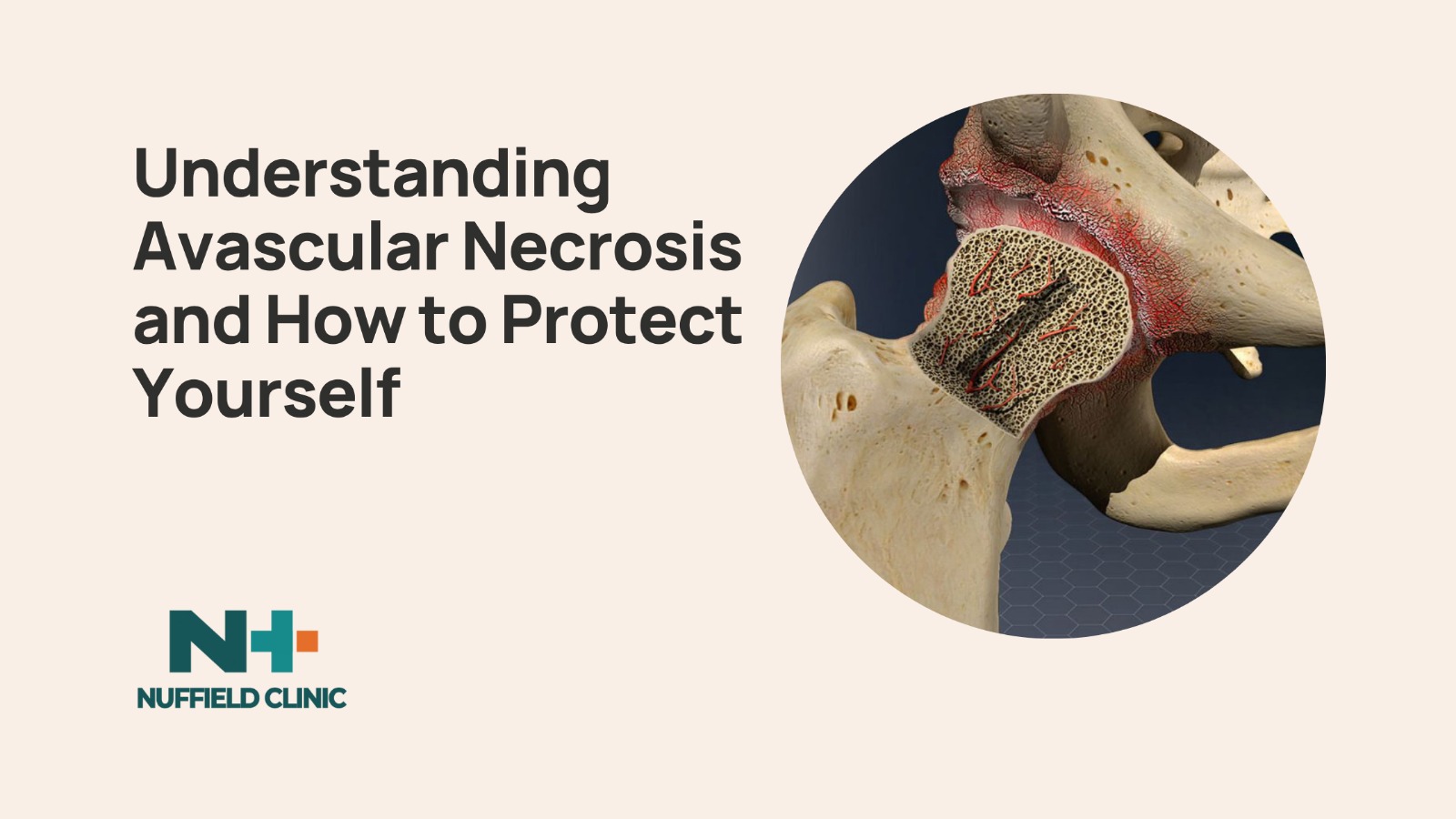
Do you experience unexplained joint pain, especially in the hip, knee, or shoulder? Or perhaps you have a history of fractures, or enjoy a few drinks a little too often? If you nodded yes to any of these, this article is for you.
At Nuffield Clinic, we care deeply about helping you understand your body better, especially when something as silent yet serious as Avascular Necrosis (AVN) might be at play. This condition often sneaks up on people. But here’s the good news: with early detection and proper management, it doesn’t have to take over your life. In this article, we’ll break down everything you need to know about AVN, what it is, what causes it, how it affects you, and most importantly, what you can do about it.
By the end, you’ll not only understand how to protect your bones and joints, but you’ll also know when to seek help and why Nuffield Clinic may be the best place to start your recovery journey.
What is Avascular Necrosis?
Avascular Necrosis (AVN), also known as osteonecrosis, is a condition where bone tissue dies due to a lack of blood supply. Yes, your bones need blood just like the rest of your body. When that flow is cut off, even briefly, your bone begins to break down. Over time, this can lead to tiny fractures and eventually cause the bone to collapse. The result? Pain, reduced mobility, and sometimes irreversible joint damage.
At Nuffield Clinic, we often see this condition affecting the hip joint, especially in younger adults. But it can also show up in the shoulder, knee, and occasionally the hand or foot. These are all joints that carry your body weight or help with complex movements, so when AVN strikes, it matters.
What Causes AVN?
Several things can interfere with blood flow to your bones. Some are within your control. Others, not so much.
A common cause is trauma. If you’ve ever had a joint dislocation or a fracture, especially around the hip, you may have damaged the surrounding blood vessels, even if the bone healed.
Steroid medications, particularly when used over a long period or in high doses, are another major contributor. While these medications are lifesaving for conditions like asthma or autoimmune disorders, they can raise fat levels in your blood and clog tiny vessels that feed your bones.
Then there’s alcohol. Regularly having several drinks a day over many years can lead to fatty blockages in your blood vessels, which, again, limit blood supply. Smoking makes things worse. It narrows your blood vessels, reducing the flow of nutrients and oxygen to your bones.
People with certain medical conditions, like sickle cell anaemia, lupus, HIV, leukaemia, and Gaucher’s disease, are also at increased risk. Even radiation and chemotherapy, organ transplants, and medications like bisphosphonates (commonly used to treat cancer-related bone issues) can raise your chances of developing AVN.
At Nuffield Clinic, we take a holistic view of your medical history to identify whether these risk factors could be affecting you and what to do about them.
Symptoms to Watch For
One of the scariest things about AVN is how quietly it begins. You might not notice any symptoms in the early stages.
But over time, you could start to feel a dull ache in a joint, especially when you walk, stand for a long time, or climb stairs. For hip AVN, the pain often shows up in the groin, thigh, or buttocks. Eventually, that discomfort can persist even when you’re resting or trying to sleep.
You might notice reduced range of motion, stiffness, or even a limp if the joint becomes severely affected. These are all red flags.
At Nuffield Clinic, we encourage you not to wait. Ongoing or worsening joint pain is your body’s way of saying, “Pay attention.”
How Is It Diagnosed?
A proper diagnosis begins with a physical exam. A skilled provider will gently check for tenderness and see how well your joint moves. But since AVN can hide in the early stages, we often rely on imaging tests for a clearer picture.
While X-rays are helpful, they may not show early bone damage. That’s where MRI and CT scans come in, they offer detailed images that can reveal changes long before a bone collapses. In some cases, we also use a bone scan, which highlights injured or healing areas using a tiny amount of radioactive tracer.
These tools are available through our network at Nuffield Clinic, ensuring fast, reliable results and early answers.
Can AVN Be Prevented
Not all cases of AVN can be prevented. But many can.
Here’s what we recommend to all our clients:
- Minimise corticosteroid use. Use them only when medically necessary and always at the lowest effective dose.
- Avoid excessive alcohol and quit smoking. Both habits limit your body’s ability to keep your bones healthy.
- Protect yourself from injury. Whether you’re an athlete or just clumsy on wet floors, be mindful of falls and fractures.
- Eat a healthy diet, rich in Calcium and Vitamin D, to support bone health.
- Exercise regularly with low-impact activities like swimming or cycling.
- Manage underlying conditions like sickle cell anaemia or autoimmune disorders with regular medical care.
- Keep your cholesterol levels low; they affect more than just your heart.
And most importantly? Get regular checkups. Early detection is everything. That’s why we offer comprehensive screening and joint assessments here at Nuffield Clinic.
What Are the Treatment Options?
Treating AVN is all about preventing further bone loss and improving your quality of life. The earlier we intervene, the better your outcome.
In mild or early cases, we start with conservative treatments:
- Rest and activity modification to reduce pressure on the joint. You might need crutches or a walker for a while.
- Medications like NSAIDs (nonsteroidal anti-inflammatory drugs) to reduce pain and inflammation. In some cases, drugs that lower cholesterol or improve blood flow may help.
- Physical therapy, one of our specialities at Nuffield Clinic, helps keep your joints mobile and strengthens the muscles around them.
- Advanced therapies such as electrical stimulation may promote bone repair.
When AVN has progressed, surgery may be necessary:
- Core decompression involves removing part of the bone to ease pressure and allow new blood vessels to grow.
- Bone grafts can help replace and reinforce damaged areas.
- Osteotomy, or bone reshaping, helps shift weight away from the damaged part of the joint.
- In severe cases, a total joint replacement might be the best option. In fact, about 10% of all hip replacements are due to AVN.
We also stay on top of the latest regenerative medicine treatments, such as using stem cells from your own bone marrow to encourage new bone growth. Though still being researched, they offer promising results.
Whatever your case may be, our team at Nuffield Clinic will work with you to design a treatment plan that suits your lifestyle and long-term goals.
What Happens If You Don’t Treat It?
AVN is not something that just “goes away.” Left untreated, it will worsen, sometimes rapidly. The affected bone can collapse, lose its shape, and lead to severe arthritis. That’s why it’s so important not to ignore persistent joint pain or wait until the problem becomes unbearable.
Bone death can take months or years. But intervention can make all the difference.
When to Seek Help
If you’re dealing with persistent pain in your hip, shoulder, or knee, don’t brush it off. Especially if you have a history of trauma, long-term steroid use, or heavy alcohol consumption. And if you’ve recently had a fracture or dislocation, your bones might be at risk.
Come see us at Nuffield Clinic. We specialise in joint and musculoskeletal care. Our team includes physical therapists, orthopaedic specialists, and diagnostic professionals who work together to give you clear answers and expert care.
Early recognition is key. And when you’re ready to take the next step, we’re here for you.
Avascular necrosis is a serious, but manageable condition. It affects the very structure of your bones, especially in joints that carry the weight of your daily life. But with awareness, prevention, and timely care, you can take control.
Whether you’re in pain now or simply want to safeguard your future, Nuffield Clinic is your partner in joint health and whole-body wellness.
Book an evaluation with us today. Your bones will thank you.
